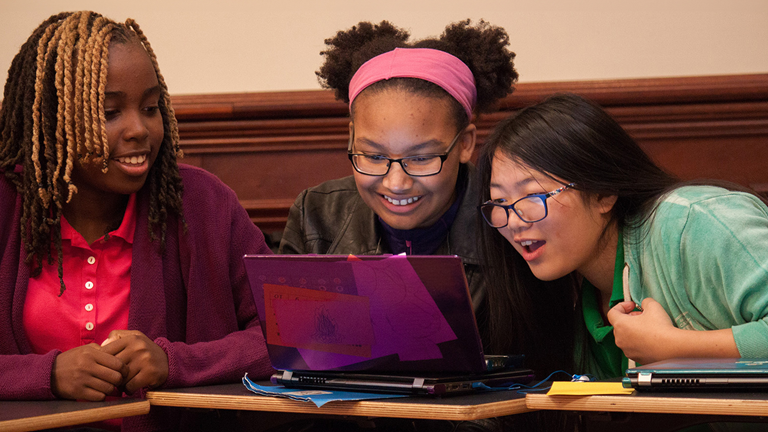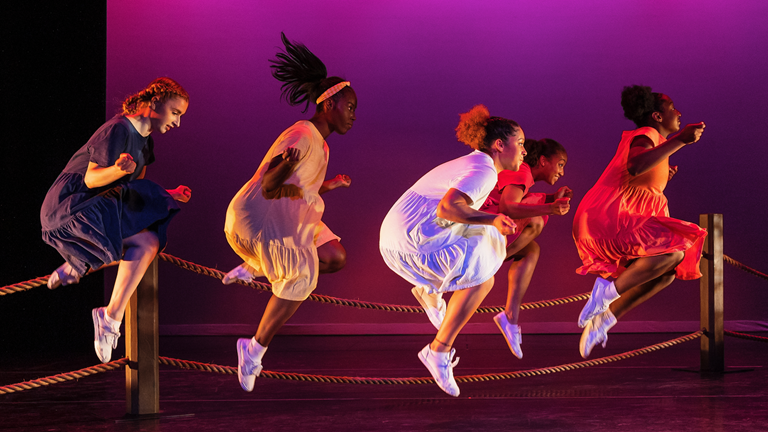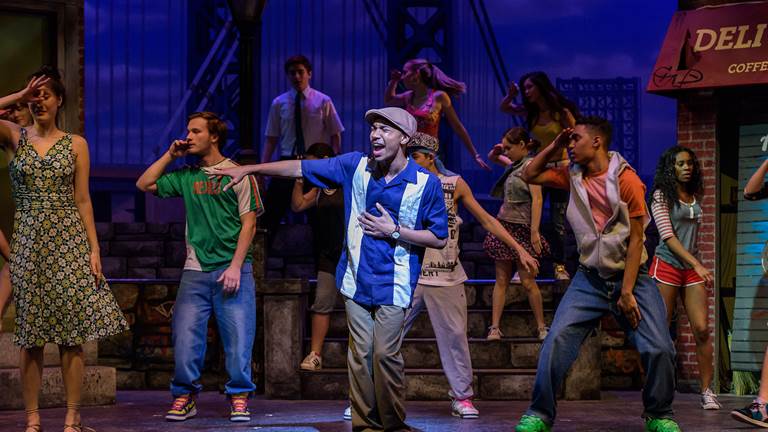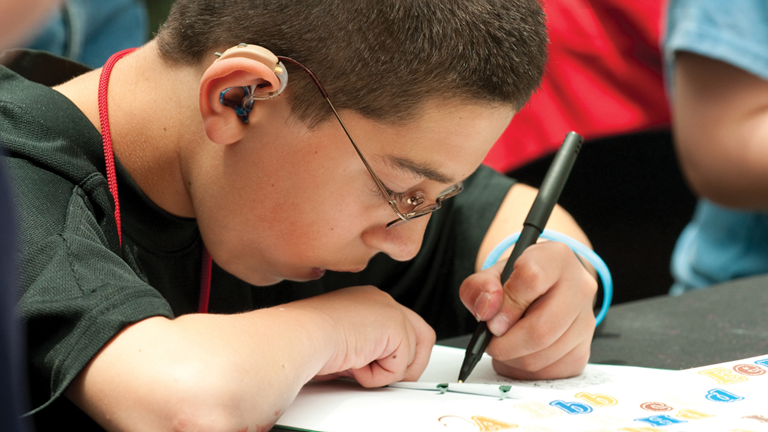Composer
Dmitri Shostakovich

Genre
Performances for Young Audiences

Attend a specially scheduled performance of the National Symphony Orchestra.
Join the National Symphony Orchestra for our Friday morning Coffee Concerts. Enjoy a full-length performance by the NSO at 11:30 a.m. on select Fridays throughout the season. Critics call Leonidas Kavakos’ interpretations of Shostakovich “utterly compelling.” Witness the magic live as the superstar Greek violinist returns to perform Shostakovich’s explosive Violin Concerto No. 2, one of the composer’s most complex and unpredictable pieces. To close, Stravinsky’s striking ballet score Petrushka dazzles with vivid colors, irresistible rhythms, incandescent brass and winds… a rich bouquet of assorted, ear-rousing moments!
Featuring:
March 14, 2025
Concert Hall, recommended for grades 6-12
Estimated duration is approximately two hours with a 20-minute intermission.
Are you a parent, caregiver, or adult looking for a listing of available public performances and times (March 13-15)? Find out more on the public show page!
Composer
Dmitri Shostakovich
Composer
Igor Stravinsky
We’re thrilled that you’ve joined us for a performance this season! We would like to hear from your students and you about the experience. After the performance, follow these steps to share feedback:
Each survey will take approximately five minutes to complete. The results will be used to inform future Kennedy Center Education program planning. Thank you in advance for sharing your valuable perspective!
Listening to an orchestra can be a powerful experience. It can entertain you, tell you stories, make you laugh or cry, or take you away to faraway places. Knowing a few things about orchestras and the range of music they play can make it even better. Everything you need to get started is right here in this guide.
Take the field and learn the looks, sounds, history, and notable players of orchestral instruments from four eras—baroque, classical, romantic, and modern. Next, use the interactive audio mixer to choose your players and hear them perform together. Finally, test your musical knowledge with a fun baseball-style quiz.
Get inside the mind of a composer—from a popular song, to a Broadway musical, to a symphony, how does a composer write music?
Meet great composers, explore the vast musical world of the orchestra, study the science behind the instruments, and discover how classical music is anything but boring.
Professional development for educators. Summer intensives for young artists. Teaching artist guided activities. Performances for young audiences. Classroom lesson plans. Arts-focused digital media.
Kennedy Center Education offers a wide array of resources and experiences that inspire, excite, and empower students and young artists, plus the tools and connections to help educators incorporate the arts into classrooms of all types.
Our current teaching and learning priorities include:
A robust collection of articles, videos, and podcasts that allow students of all ages to explore and learn about the arts online.

In-person and virtual performances, along with supporting educational content to help guide learning.

Current approaches to arts integration in the classroom, inclusion, rigor, and adopting an arts integration approach at the school and district level.

An asynchronous online course that invites educators and administrators to think about our students’ disabilities as social and cultural identities that enrich our classrooms and communities.

The Vice President of Education is generously endowed by the
Generous support for educational programs at the Kennedy Center is provided by the U.S. Department of Education.
Gifts and grants to educational programs at the Kennedy Center are provided by The Paul M. Angell Family Foundation; Bank of America; Capital One; The Morris and Gwendolyn Cafritz Foundation; Carnegie Corporation of New York; The Ednah Root Foundation; Harman Family Foundation; William R. Kenan, Jr. Charitable Trust; the Kimsey Endowment; The Kiplinger Foundation; Laird Norton Family Foundation; Lois and Richard England Family Foundation; Dr. Gary Mather and Ms. Christina Co Mather; The Markow Totevy Foundation; Dr. Gerald and Paula McNichols Foundation; The Morningstar Foundation; Myra and Leura Younker Endowment Fund; The Irene Pollin Audience Development and Community Engagement Initiatives;
Prince Charitable Trusts; Dr. Deborah Rose and Dr. Jan A. J. Stolwijk; Rosemary Kennedy Education Fund; The Embassy of the United Arab Emirates; The Victory Foundation; The Volgenau Foundation; Volkswagen Group of America; Jackie Washington; GRoW @ Annenberg and Gregory Annenberg Weingarten and Family; Wells Fargo; and generous contributors to the Abe Fortas Memorial Fund and by a major gift to the fund from the late Carolyn E. Agger, widow of Abe Fortas. Additional support is provided by the National Committee for the Performing Arts..
The content of these programs may have been developed under a grant from the U.S. Department of Education but does not necessarily represent the policy of the U.S. Department of Education. You should not assume endorsement by the federal government.